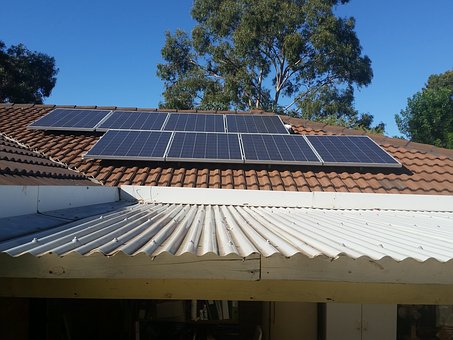California’s Updated Building Standards Could Save $4.8 Billion in Energy Costs

The California Energy Commission on Sep.11 adopted the 2025 Building Energy Efficiency Standards for new and renovated buildings as well as certain existing buildings. The updates include requirements for heat pumps and electric-ready buildings and stricter ventilation standards for improving air quality. The commission estimates that the new building energy standard will lead to cost savings of $4.8 billion and reduce greenhouse gas emissions by 4 million metric tons.
The 2025 building standard highlights specific technological changes to reduce emissions and improve energy efficiency. These include:
- Supporting the use of electric heat pump technology for heating air and water in new homes and certain nonresidential buildings;
- Replacing older ventilation, air conditioning and heating systems with newer, more energy-efficient technology;
- Establishing electric-ready requirements for commercial kitchens and some multifamily buildings;
- Updating to solar and storage standards for assembly buildings to facilitate onsite clean energy generation; and
- Improving air quality through stricter ventilation standards.
As buildings account for nearly 70 percent of electricity consumption in California and 25 percent of greenhouse gas emissions, building standards play a key role in California’s climate goals. Every three years, the commission issues updates to building standards to ensure that buildings use the latest technology to maximize energy efficiency and minimize energy costs. These standards serve to reduce wasteful, uneconomical, and unnecessary uses of energy in the state.
The adopted 2025 update will be reviewed by the California Building Standards Commission in December 2024. After approval, the new energy code will take effect from Jan.1, 2026.
New building codes to improve energy efficiency and reduce energy waste has been a key part of the Biden administration’s climate change agenda. In August, the U.S. Energy Department announced $240 million in funding for developing and implementing new building codes across the country. In this funding round, the two Californian cities of San Francisco and San Jose received $19.9 million and $10 million respectively.
EnerKnol Pulses like this one are powered by the EnerKnol Platform—the first comprehensive database for real-time energy policy tracking. Sign up for a free trial below for access to key regulatory data and deep industry insights across the energy spectrum.
ACCESS FREE TRIAL